A special day with Marco Carbonara of Pulicaro, the famous organic livestock farm between happy animals, biodiversity and love.
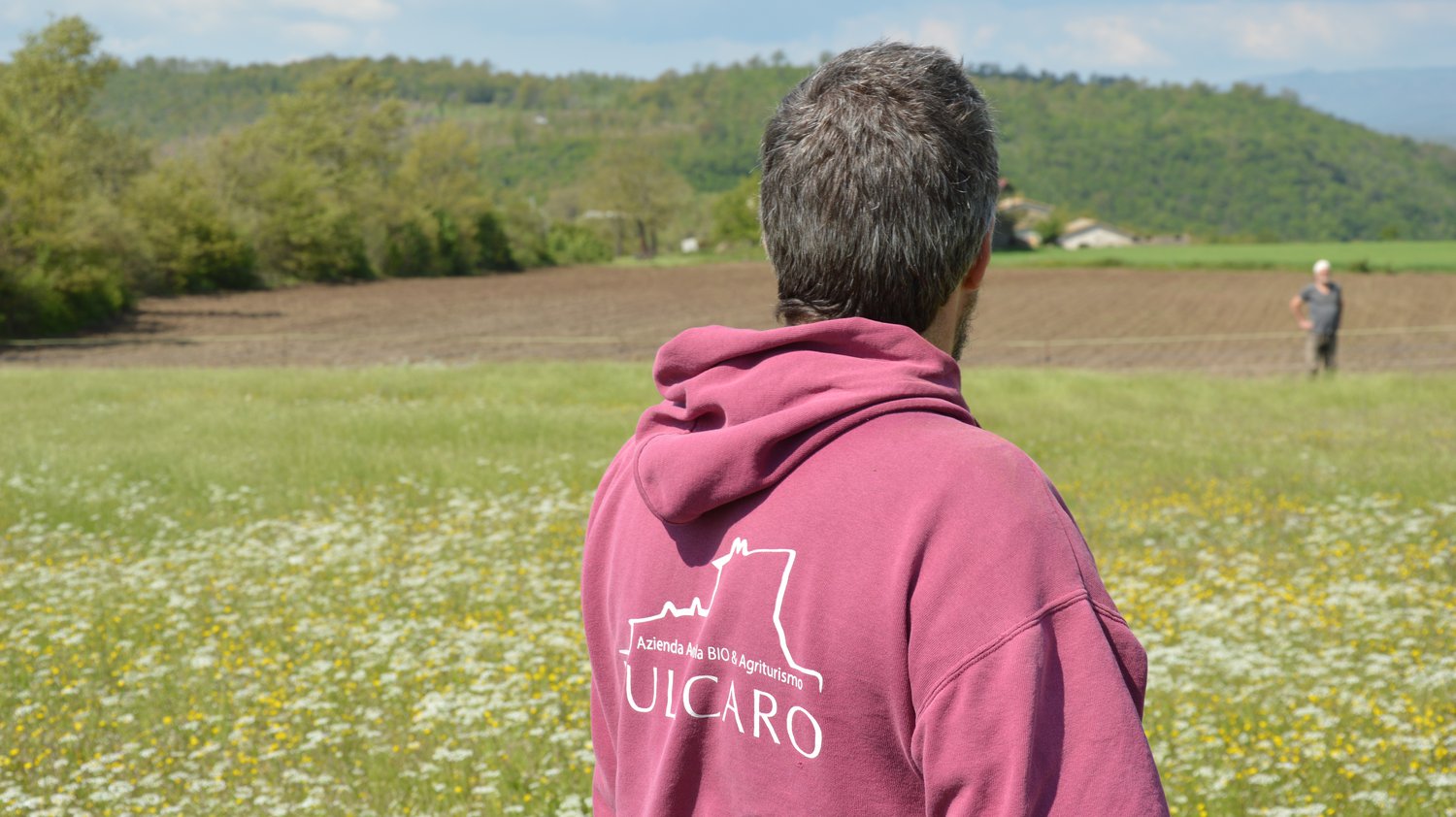
There are places that change your vision of life forever; experiences, stories, which are able to emotionally overwhelm you and rewrite it all. Pulicaro, the organic livestock farm and “agriturismo” by Chiara Dragoni e Marco Carbonara, is one of them.
We talked with Marco, lived the countryside next to him, breathed the forgotten herbs scents and the healthy, strong animals smells, which are a direct consequence of the primary regenerative power. We reflected upon ethics and urgency; on the meaning of real sustainability and on the love for living beings. You will hear one of the most pivotal people behind this possible, glorious Agricultural Renaissance.
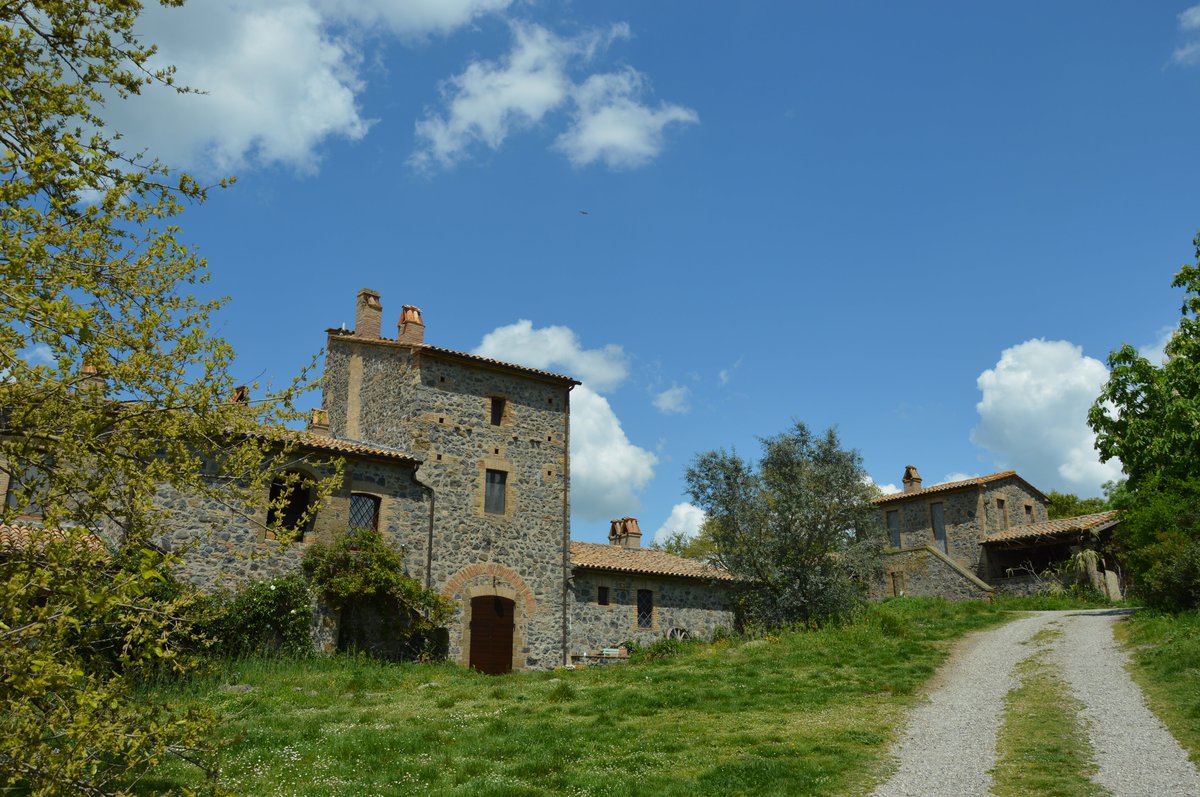
Rational grazing and nutrition. How do your animals live?
We breed many types of animals, both monogastric and ruminant. To pigs, chickens and turkeys, we provide a sustainable diet which is mainly based on low-impact local cereals, always excluding soy: symbol of the modern imbalance, obtained in wicked way, cause of massive deforestations and uncountable water waste. Sheeps, goats and cows live, by way of “rational grazing”, in a semi-wild state and are moved from a land portion to the next one, allowing the soil to rest and luxuriantly regrow, helped by their “natural fertilizer”. We respect their wellness, their ethological needs: they are free to both wander around the meadow or repair themselves in their houses. And they walk in beautiful permanent grasslands, expressing all the forms of life available, able to trap biomass and therefore leading to a carbon-negative farm.
Let’s understand, once for all, that the problem is not meat itself, but its production quantity and the breeding methods. We need to study a lot and be curious, to know what we are doing. We would be amazed of how much knowledge is available, well, right in front of our eyes.
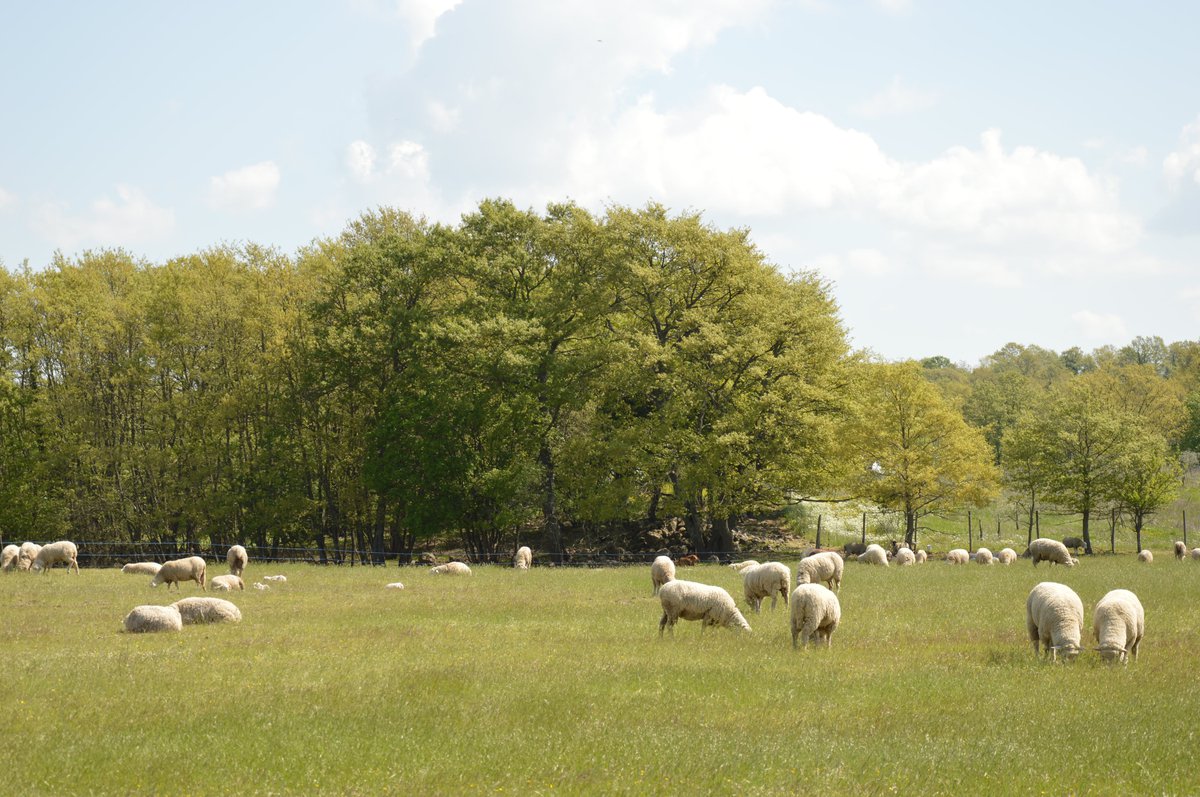
You talked about “stable grassland”. There is a very important relationship between biodiversity, bacteria, cure and illnesses. Could you explain us more?
The land you are walking on is rich with thousands of living creatures, is abundant, it teems with energy. Plants, herbs, bugs and positive micro-organisms take part in a great diet for animals, very differentiated and preventive against diseases. The “hygienic” legislative paranoia against biodiversity makes us forget how bacteria are at the base of our existence and generate new life. Sterility is dangerous in the natural world, it is not accepted. This highly overrated contamination risk is, on the other hand, concealing the chemical and hormonal ones, definitely more tricky-dangerous for whoever consumes industrialized resources.
Let’s think about our chickens: in the ground they will find the right herbs to cure themselves, like in a sort of pharmacy, and they can recognize the variety in a second, instinctually. We know (or knew) what to eat too: remember about the prehistoric Aspirin and Penicillin found in a sick Neanderthal's teeth plaque. We should re-evaluate phytotherapy, I use it on my animals as well. Real food can be medicine and serious alimentation has an enormous power that transcends taste and entertainment.
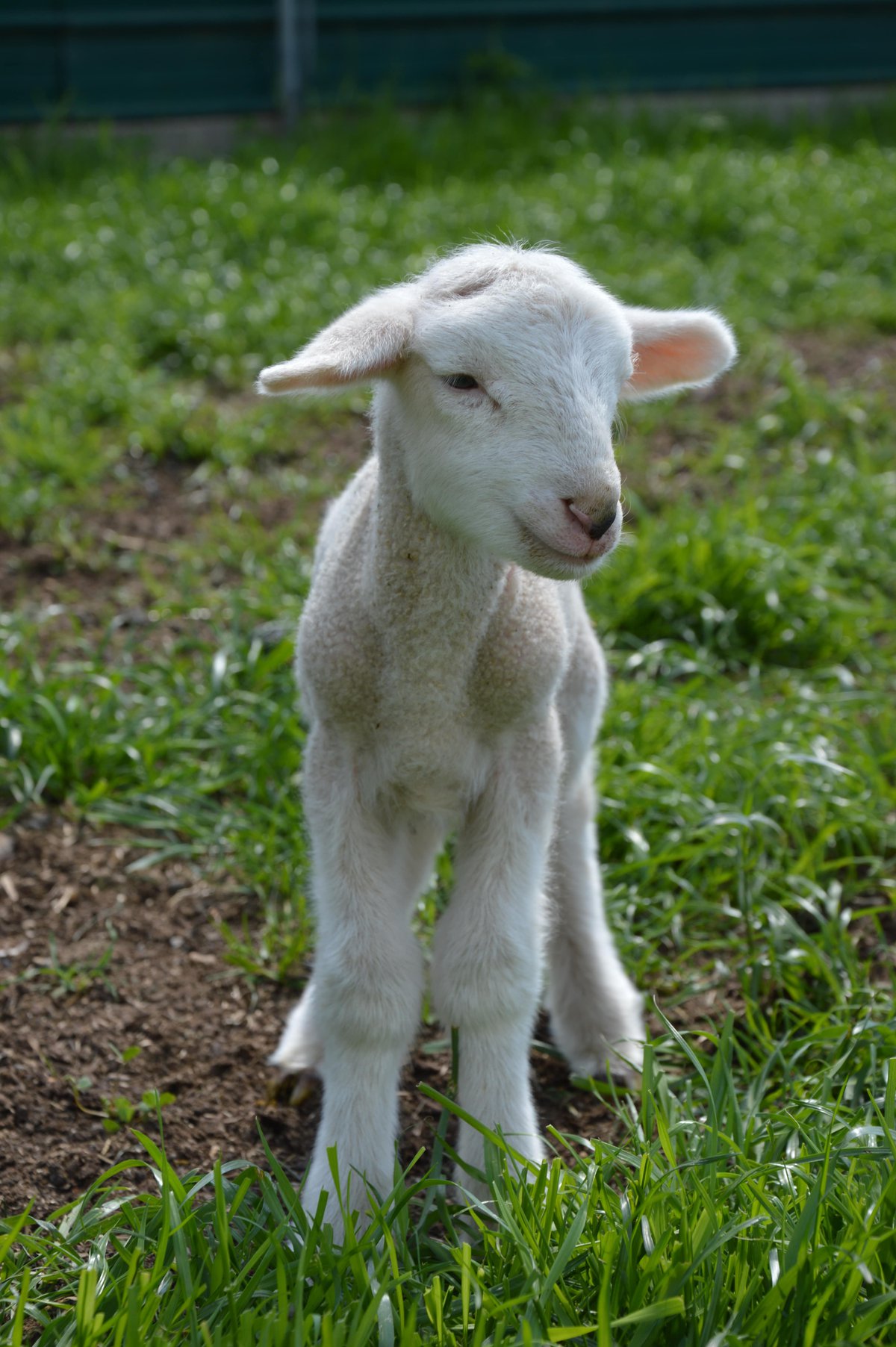
Real food. Is ethical produce too expensive? Is it possible to change in a hardly reversible world?
Food should be tasty, nutritious and healthy. Nowadays, the industry fully satisfies only the first aspect, considering the unrestrained usage of fictitious seasonings, fats, sugars and preservatives. Sadly, during these years, a lot of ethical produce is pricier, given the poor ratio between enormous efforts and low quantities and performances. This modern tragedy is definitely anti-democratic: in the past rich and poor people were eating different cuts of meat, different quantities, but not a different quality: you would have the fillet or the offals, but the cow was the same. Right now the vicious mechanism reserves what’s good, sustainable and beneficial to the richer, while the industrial, the unhealthy and the processed to the poorer. I am nonetheless sure that we can find the way to save money and still buy high quality ingredients: we just need to correctly plan a diet and start cooking seasonally, essentially dedicating more time to the act of eating. To swallow real food is crucial for me: opening pre-cooked supermarket bags may just be loading your future doctor bill. Producers like me, have the duty to insist offering tasty, nutritious and healthy food, building a net and trying to arrive to the bare minimum size in order to move people choices. Extreme discounts hide sufferance and latent consequences, we must be aware of it.
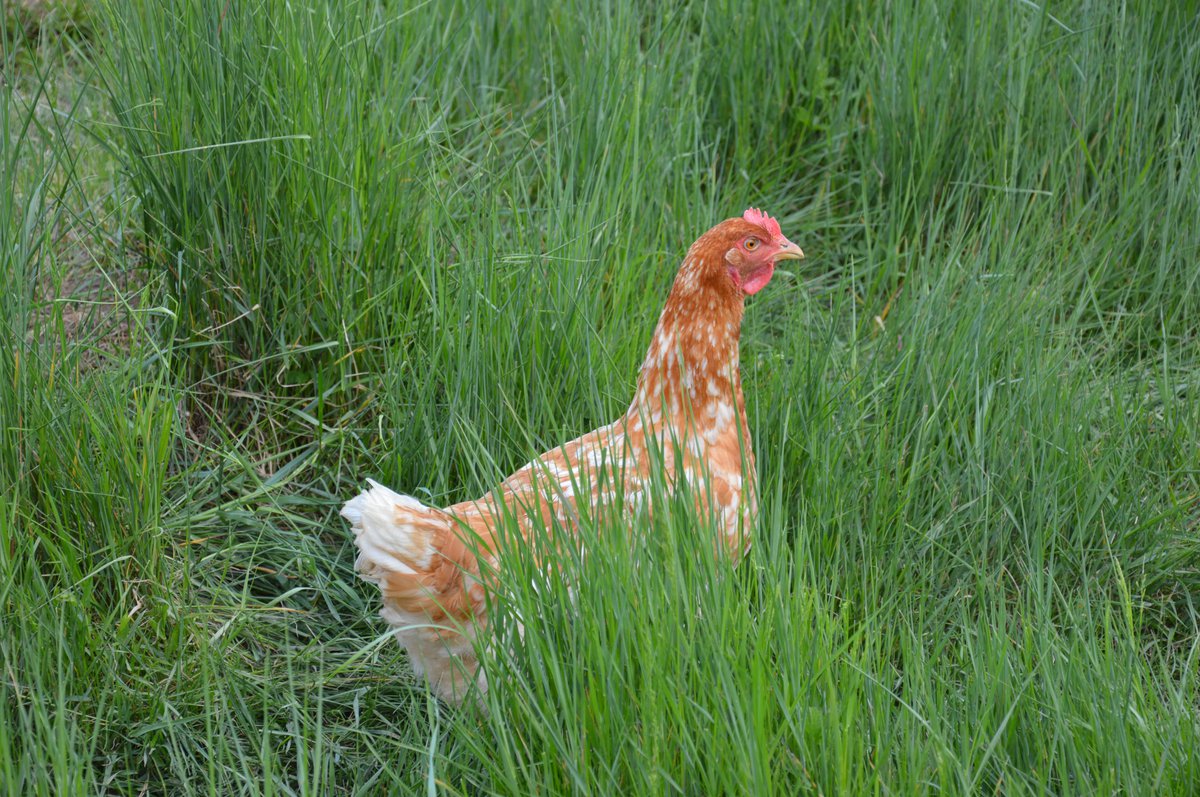
How do you see the agroindustrial model? Is a dialogue possible?
I am doing this job for more than twenty years. I’ve seen the soil changing in front of me. I read about studies, ultimatum, numbers and it all sadly makes sense. I remark all the data I heard about in poisoned plants, in missing rains, in damaged fields, in confused and disoriented animals. And mankind is so limited, that it looks impossible to perceive a long term disaster: it’s not killing me now, it will not kill me later, we think.
Luckily or not, countryside has a very slow rhythm. Here you think only about the future, there is no immediate return. The fundamental difference between the agricultural industry and farms like ours is that they start from structures, while we start from the soil. That same soil I keep on seeing changing, my money are all there. A company managed by natural elements: way too unpredictable and risky for entrepreneurs.
And this opposite approaches also develop polarized selling strategies: the former offers more at a low price, the latter needs to commercialize small quantities at a higher cost. Unmatchable parallel lines. The interest around profits doesn’t understand when a tired field is sterile, dead and can’t be inherited by new generations. Pulicaro has been planned to leave a fecund and wisely usable earth to posterity. We didn’t burn or exploit resources, we took care of them. Biodiversity is fertile, prolific, for us and for our descendants.
With that in mind, I still hope in the rationalization of some productive processes, in order to secure both animal wellness and human fatigue relief. I don’t miss the past, I rather believe we can reshape a new industrial agriculture, also by leaving the same old small familiar farm system and slightly enlarge the production within a right measure. We live in a society of ultra-specialized people who are lacking the bigger picture, the connection between today’s actions and tomorrow’s reactions. We damage everything and we don’t tidy up, careless and unconcerned. We are able to destroy a mountain in a few days, extracting every single grain of marble, but we still haven’t figured out if it’s better using it to sculpt Michelangelo’s “Pietà” or sell a kitchen counter.
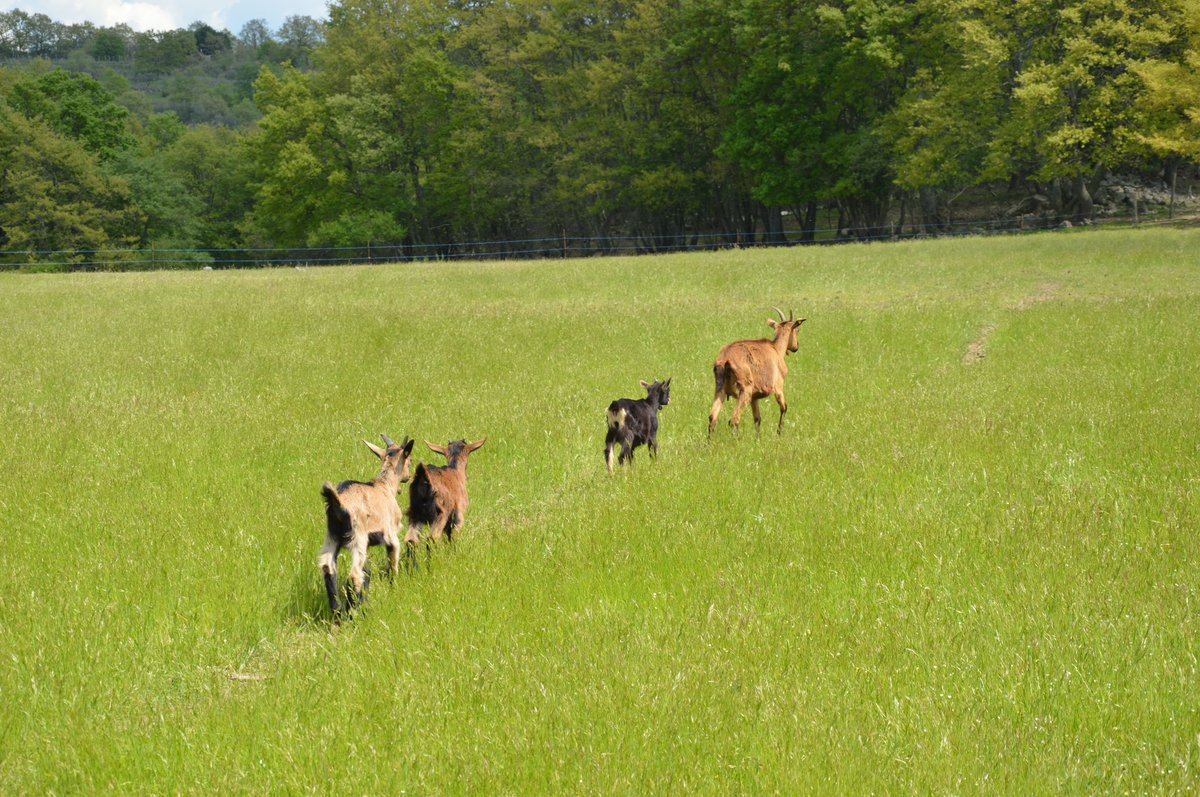
One of Pulicaro’s main peculiarities is the huge number of dogs. Why are they so important?
We own around forty Maremmano-Abruzzese livestock guardian sheepdogs, protecting our animals from external dangers, mainly represented by wolves. These are very powerful and thick dogs and they can win fights against bigger opponents; but at the same time they behave gently towards the herd, while needing a strong human guidance. This “canis pastoralis” has a strong and independent attitude to think and decide autonomously, be psychologically tough, punctual and, in a word, fundamental for outdoor breeding. Pulicaro is a small selection center, we test their skills and train them. I feel incredibly attached to these creatures, I love them a lot and we always play together: they are sweethearts loving cuddles, but they can be brutal when in danger. Without them, all the beauty we talked about wouldn’t exist.
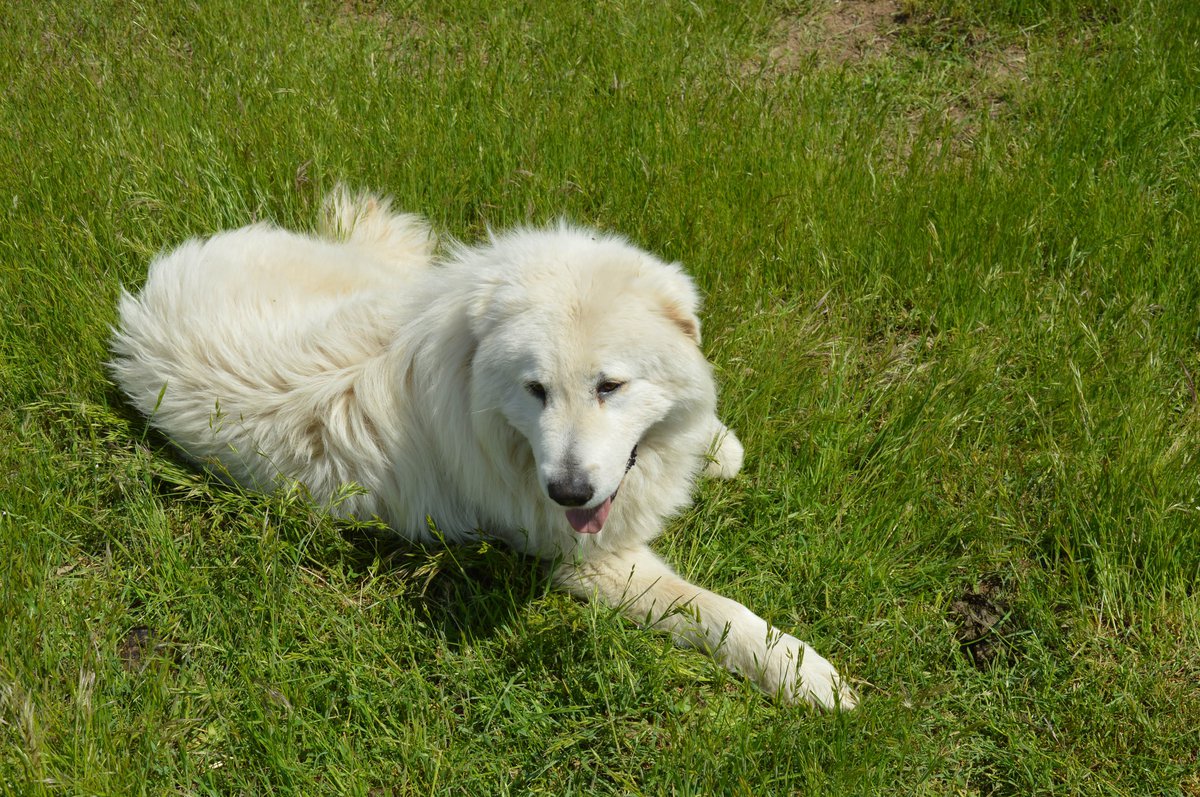
You grow together with your animals. How do you feel when the tragic moment arrives?
I feel pain, a lot. It is definitely not the most beautiful part of my job. After so many years it still hurts, especially since I always wanted to complete the act myself, without hiding.
However, I decided to focus my efforts on their life, rather than on their death. We work hard every day, all day long, to guarantee them the most ethical life possible, creating a paradisiac environment and offering a pacific, healthy and beautiful life.
I would like to share a message that can be particular for people who are not used to live certain situations: some animals aren’t scared to die, they fear pain. The idea of death awareness and its non-acceptation is human. I still need to proceed respectfully and rapidly to avoid useless pain, but I believe we sign, looking in each other’s eyes, an unbreakable deal that pushes me to honor that life, celebrating it in every given bone.
Only by living daily next to animals you can truly understand my feelings: such as the indescribable emotion of raising a puppy that was born in your hands and the pain that brings you back to reality. Jobs like ours are at the very base of society, but they have been completely humiliated by modern culture. Who is really safeguarding the world? Who is keeping it? Who knows its intrinsic processes, its unexpressed voice, its poetry and its critical points? We need to revolutionize the meaning of countryside, we need to breathe, get close again to our primordiality and connect our heart with it. Who are we, after all?
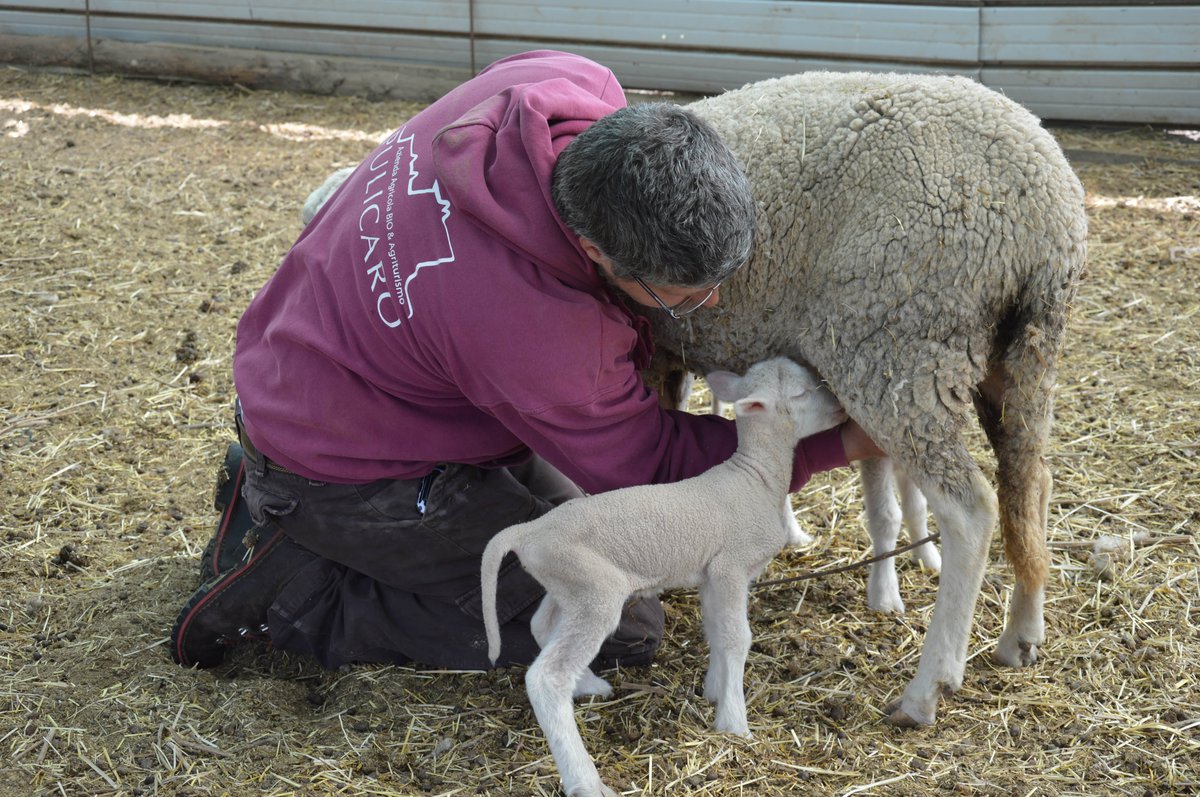
Chiara and Marco dedicated their entire existence to this marvelous ecosystem, dense of meanings and witness of ancient synergies. The image of the breeders kneeling to help a sheep breastfeeding a little lamb, transmits the visceral love they feel for animals, symbolically expressed by sitting at their same height, by rescuing them, almost reverentially bowing to nature’s magnitude and grandeur. The same sentiment we can notice in their fight towards human wellness, therefore towards animals wellness, therefore towards soil wellness.
The problem arrives when we find ourselves, due to our avidity, to foolishly augment numbers and consequently move the creatures in small closed spaces, torturing them during the period we should look after them the most. Visiting Pulicaro, absorbing its vibrations, hugging and cuddling animals, to then try those meats offered in the restaurant hits differently, it forges the most intimate deepness of your soul. To understand the chain and the concept of provenance and alimentation ethics, is fundamental to limitate the damages waiting for us in the next decades. We are not detached from nature, there is no dichotomy, we are one single body. We nonetheless have the responsibility to understand how healing our Planet also means to wisely shield ourselves. Let’s cultivate a new love for the earth. Agricultural Renaissance.
